The year 2018 has brought us so many things to smile and laugh at! And so much new internet slang was created in 2018 by the Chinese internet community. Let’s have a look at 4 most popular Chinese internet slang words and phrases.
1. 锦鲤 (jǐnlǐ)
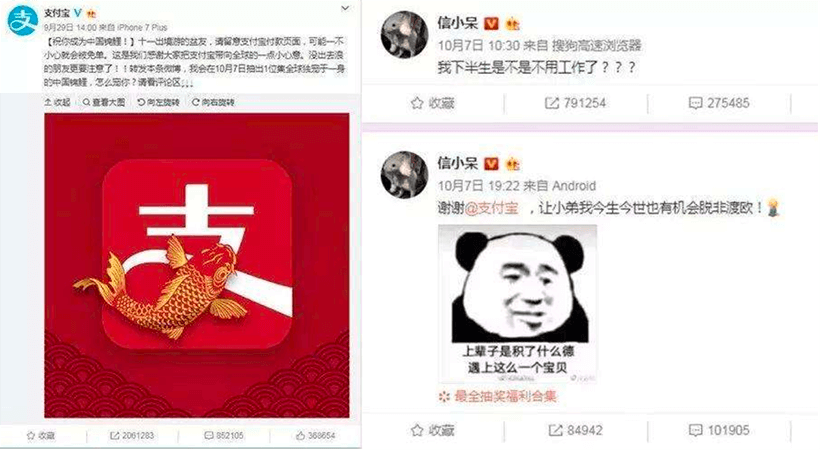
锦鲤 (jǐnlǐ)’s exact meaning is “carp”, “koi”. But it is also used as a symbol of luck. Chinese people have a phrase “踏破铁鞋无觅处,得来全不费功夫” (tàpò tiě xié wú mì chù, dé lái quán bù fèi gōngfū) which means “You find sth. by chance after travelling far and wide for it”. Koi itself is a high-class pet fish, very popular in Asian culture. During the National Day in 2018, Alipay official Weibo account launched the “Chinese Koi” event and initiated the whole Internet to take a chance to win in a big lottery. All you need to do is retweet a previous microblog by Alipay to be among the participants. The lottery winner would be chosen randomly at the end of the holiday, would be called as “Chinese Koi”, and win an incredible list of prizes. This triggered netizens to go almost crazy and retweet this “koi” all over the internet.
After that the name “koi” became the symbol of good fortune and representation of people’s ambition to live a happy and carefree life.
2. Skr!
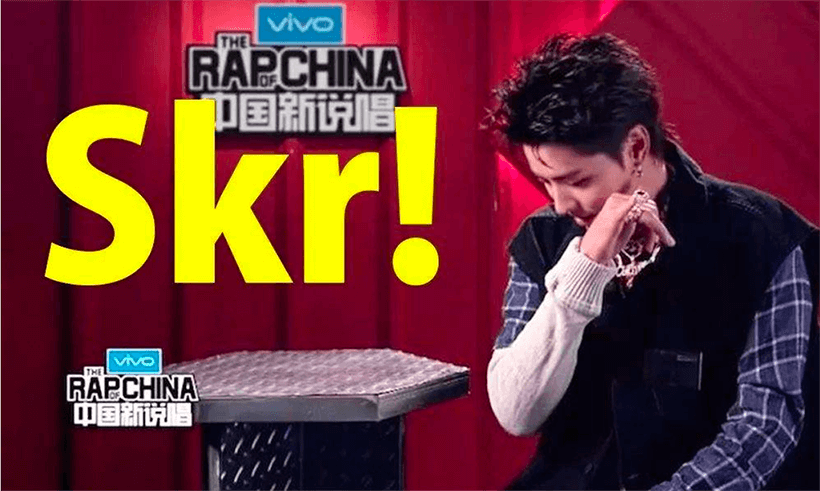
Skr is a misspelling of “skrt” and originally refers to the sound of car tire friction when the wheels are skidding on asphalt. Then it’s then quickly became popular among the Internet community after one pop-singer used this sound many times during the reality show “The Rap of China”. He used this word at the end of his self-self-introduction and used it as a sigh of admiration towards the show’s contestant. Then lots on Internet users started to imitate this sound and it became a viral catchphrase. So the origin use of skr is to express your admiration or approval. But today this word can be either positive or negative and sometimes do not have sense at all. It can be used as a replacement for 是 (shì = “is/are”) or the word “freaking” 死个 (sǐge).
3. 佛系 (Fóxì)
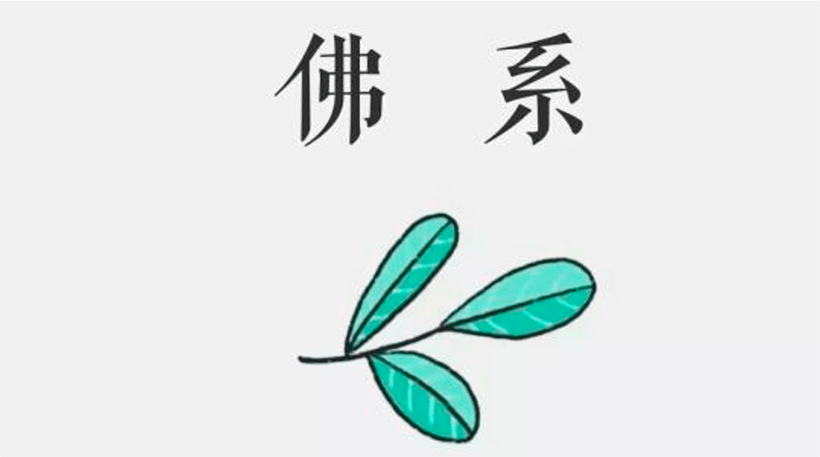
佛系 (fóxì) is used as a slang word and can be translated like “being indifferent to everything” and was originally used in a Japan magazine as “佛系男子” (fóxì nánzǐ) which is a type of men who don’t care about anything at all. It refers to a man who loves to be alone, concentrates on his own interests, and does not want to spend time interacting with women. Then this word started to refer to women as well. After this word became a popular Internet slang-term, this word’s meaning started to spread wider and refers not only to people who don’t want to compete and don’t worry about wins and loses, but also can describe a person who just wants to live his own independent life.
4. 确认过眼神 (Quèrènguò Yǎnshén)
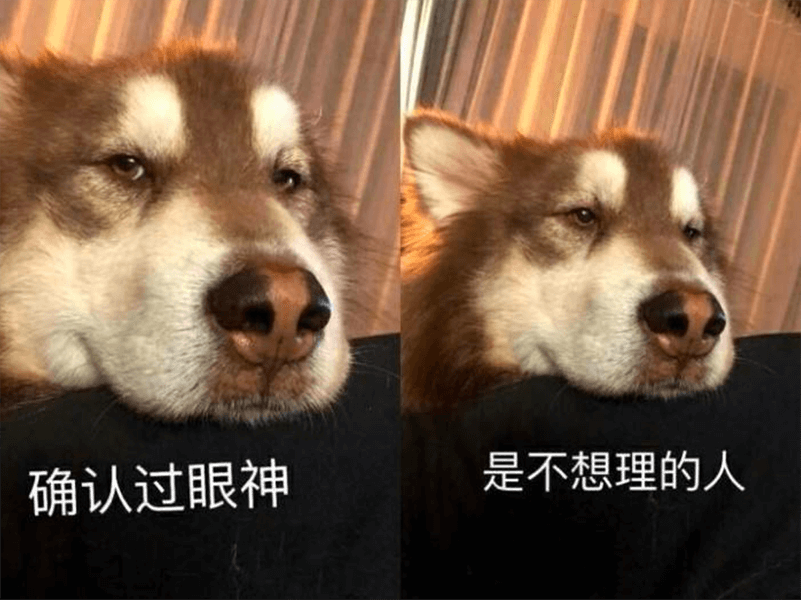
This phrase originally came from the lyrics of the song 《醉赤壁》(zuì chìbì) /《Drunken Chibi》: “确认过眼神,我遇上对的人” (quèrènguò yǎnshén, wǒ yù shàng duì de rén) or “My eyes are telling me the truth, I’ve met the right person”. This phrase became popular in the Internet on New Year’s Eve in 2018. One Internet user posted a picture with “确认过眼神,你是广东人” (quèrènguò yǎnshén, nǐ shì guǎngdōng rén) or “My eyes are telling me the truth, you’re Cantonese”. This was just to roast Cantonese people for having so little amount of money they put inside their “Red Pockets” for the New Year. This triggered the discussion about the right amount of money for these “pockets” and apparently, this catchphrase became popular.
[Do you know how to say “awesome” or “to go crazy” in Chinese using today’s slang words? If you want to know more about Chinese slang, you can look at our post about popular slang words and phrases.]
[It’s true that sometimes we can’t understand other culture. If you have been to China, you may notice a few strange Chinese habits. You can read our post about some of these habits here!]
How many of these slang words do you know? Do you use them?
Share your experience – tweet us at @thatsmandarin!


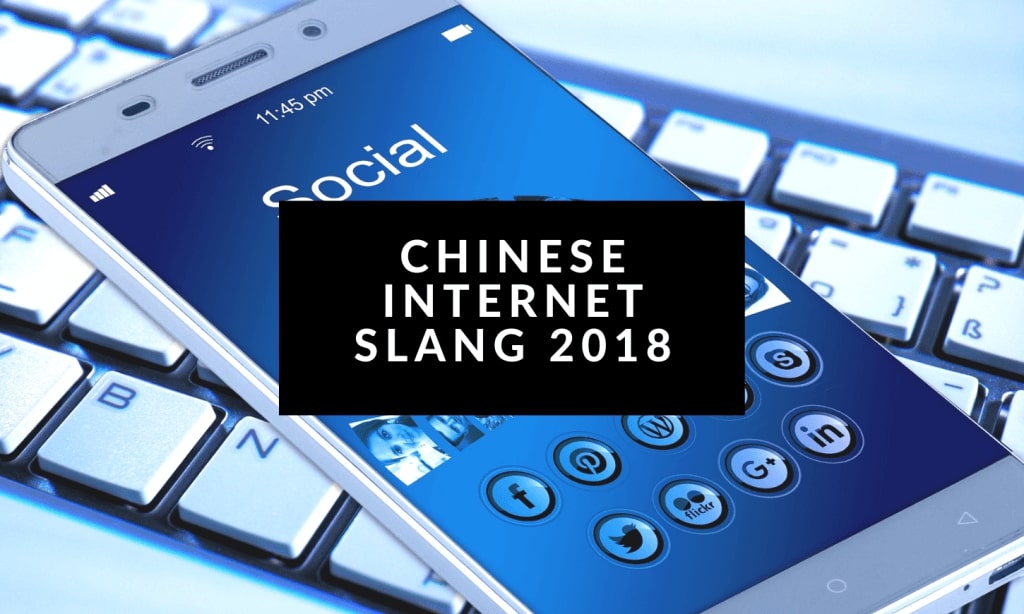






0 Comments